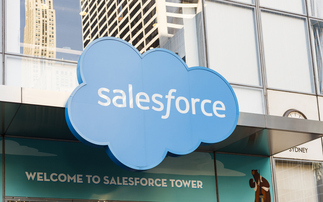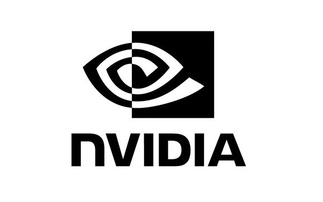Microsoft posts biggest ever loss due to $8.4bn Nokia writedown, but soaring cloud growth
Microsoft's chief executive Satya Nadella said the company has no good devices in the smartphone market, but hopes the release of Windows 10 will change that. Nadella acknowledged that Microsoft...
To continue reading this article...
Join Computing
- Unlimited access to real-time news, analysis and opinion from the technology industry
- Receive important and breaking news in our daily newsletter
- Be the first to hear about our events and awards programmes
- Join live member only interviews with IT leaders at the ‘IT Lounge’; your chance to ask your burning tech questions and have them answered
- Access to the Computing Delta hub providing market intelligence and research
- Receive our members-only newsletter with exclusive opinion pieces from senior IT Leaders






















